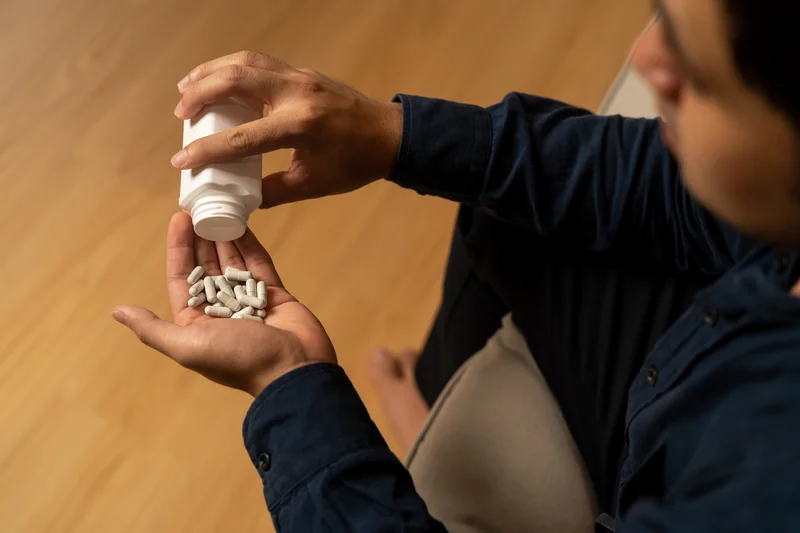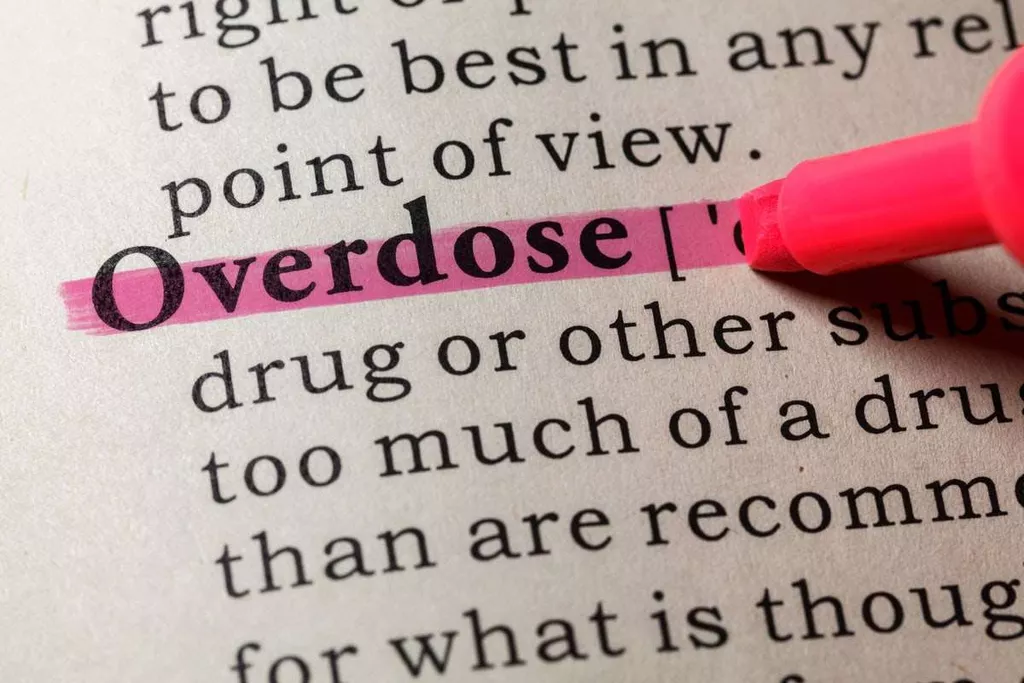
Ditto for drinking mixed drinks that contain cola, tonic, juice or another liquid. It might feel like you’re staying hydrated because they go down smoother than drinking spirits on the rocks, but the alcohol is still dehydrating you. The relationship between red wine consumption and dehydration is complex, with various perspectives and factors to consider. Considering the varying perspectives on red wine’s hydration effects illustrates a nuanced understanding of its consumption. If you or someone you know is struggling with their alcohol intake, just know that we’re here to help you.
Can Drinking Tea Dehydrate You?
- This rapid loss of fluids triggers your body’s thirst response as it attempts to encourage fluid intake to compensate for the dehydration.
- The founding sponsors had no role in the design of the study, the analyses, or in the decision to publish the results.
- Studies have shown that being dehydrated by just 2% can lead to impaired performance on tasks that require attention and psychomotor and short-term memory skills.
- Although it has been hypothesized that strong (distilled) alcoholic beverages provoke more dehydration than weaker alcoholic beverages, experimental evidence is limited.
When consumed in moderation, red wine may not significantly cause Sobriety dehydration. Staying hydrated by drinking water alongside wine can also help maintain fluid balance. Electrolytes, such as sodium, potassium, and magnesium, play a crucial role in regulating fluid balance within the body. Alcohol acts as a diuretic, increasing urine production and potentially leading to dehydration and electrolyte imbalances.
- The diuretic effects will cause your body to lose water faster due to increased urination.
- To the best of our knowledge, this is the first study to investigate the net difference in urine output between beverages varying in alcohol concentration (instead of varying alcohol content).
- The more you drink, the more pronounced this effect becomes, which can explain why you might wake up with a dry mouth and a headache after a night of heavy drinking.
- It depletes essential electrolytes, disrupts the body’s water regulation system, and affects cellular water balance.
Understanding EMDR Therapy for PTSD and Its Benefits
It is essential to be mindful of these hormonal changes and take appropriate measures to stay hydrated when consuming alcohol. Understanding the dehydrating effects of alcohol, alongside its other potential risks, is crucial for maintaining overall health and well-being. Alcohol, while often a social lubricant, can have significant impacts on your body’s hydration levels due to its diuretic properties.

2. Urine Output
When you consume alcohol, it suppresses the release of vasopressin, an antidiuretic hormone. This suppression results in the kidneys excreting more water than usual, causing dehydration. The more you drink, the more pronounced this effect becomes, which can explain why you might wake up with a dry mouth and a headache after a night of heavy drinking. In summary, alcohol’s influence on hormonal regulation greatly affects the body’s ability to maintain proper hydration levels.

If you experience these symptoms after drinking, it’s essential to rehydrate by consuming water or electrolyte-rich beverages. While hangover symptoms may remain, be sure to drink water to help speed your recovery. This also means drinking alcohol on an empty stomach can lead to a higher blood alcohol content (BAC). However, alcohol’s dehydrating effects will be somewhat reduced in some of the “lighter” alcoholic drinks. “Alcohol inhibits the release of vasopressin, or ADH, the antidiuretic hormone,” says San Diego-based Taylor Graber, MD, a resident anesthesiologist at the University of California San Diego.
Yes, it is possible to stay hydrated while enjoying red wine, but it requires mindful consumption. Red wine contains alcohol, which can lead to dehydration if consumed in excess. However, moderation, along with drinking water, can help maintain hydration levels. Drinking on an empty stomach or consuming large amounts intensifies this effect. The alcohol content and tannins does alcohol dehydrate you in red wine can make your mouth feel dry, prompting you to drink more water to stay hydrated.

The Connection Between Alcohol and Dehydration
However, the differences https://ecosoberhouse.com/article/5-alcoholic-types-in-alcoholism/ in the cumulative urine output between AW and NAW, and between S and W, were not significant at 24 h. This is in line with a previous study that demonstrated that ethanol (1.2 g/kg) caused a diuretic effect during the first 3 h, but an antidiuretic effect 6 h after intake 23. Also, studies on other dehydrating beverages, such as caffeinated beverages, show that diuretic effects are only short-term 24,25. In addition, the differences in the urine output between alcoholic and non-alcoholic beverages after exercise disappear from 4 h onwards 17,22. Based on this, the relevance of the diuretic effect of moderate alcohol consumption in the real-life situation under normal circumstances, can be questioned.

What Common Myths Exist About Red Wine and Dehydration?
By incorporating these practices into your drinking habits, you can significantly reduce the dehydrating effects of alcohol. Replenishing electrolytes is vital for recovery from dehydration caused by alcohol. Consuming drinks that contain electrolytes—like sports drinks or coconut water—can aid in restoring balance after a night out. The water we drink today is either tap water (full of chlorine and other chemicals) or filtered water (completely stripped of mineral content). So, if you’re looking to hydrate quickly after alcohol consumption, tap water probably isn’t the best option. When you’re feeling a hangover, it’s important to explore the root cause.

